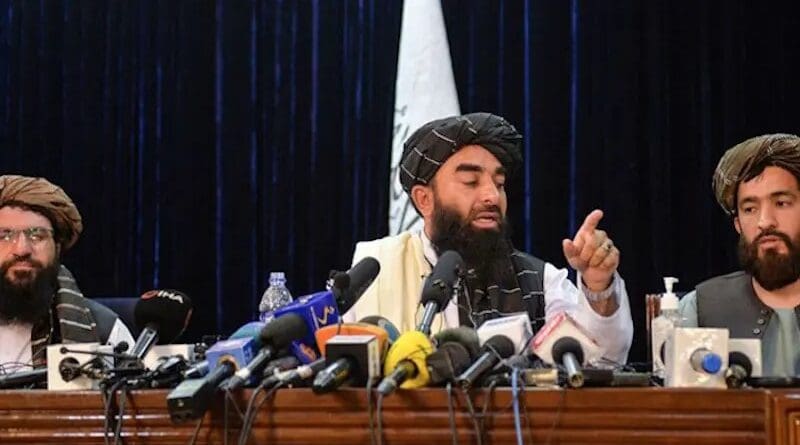Taliban’s 25-Year Reckoning: Urgent Call For Accountability – OpEd
In the late ’90s, the Taliban briefly held power for four years before being removed. Even then, life for Afghans was challenging, with an alarming under-five mortality rate of 133 deaths, according to WHO records. Today, with international support, that figure has dropped to an estimated 55 deaths. However, the recent Taliban resurgence in Kabul has led to the ban on women’s education and work. If this trend persists, health data may show a U-shaped curve, reversing progress and undermining the Sustainable Development Goals (SDGs) in Afghanistan.
The Taliban’s history of violating human rights spans the past 25 years. Their ties to Pakistan seem to influence their actions, despite being foreign to Afghan soil. Evidence, including statements from spokesperson Zabihullah Mujahid, highlights their continued disregard for human rights. During wartime, they exploited Afghan youth, employing them in radicalized actions against foreign military, hospitals, mosques, and schools. These actions demonstrate the Taliban’s unsuitability for the modern world, warranting accountability for their past role in Afghanistan’s tragic history.
The Taliban’s connection to Afghan soil is tenuous, considering their origins. The influential figure who shaped modern Jihad was killed in Pakistan, and numerous Taliban members received their education in Pakistani madrasas. Pakistan, neighboring Afghanistan, has played a significant role in shaping the Taliban’s ideology and training.
Efforts should focus on addressing the Taliban’s human rights violations and holding them accountable for their actions to prevent a regression to a dark period in Afghan history.
Evidence, including spokesperson Zabihullah Mujahid’s texting statements, underscores the Taliban’s persistent disregard for human rights. Media records advocate for ongoing sanctions on Taliban leaders and restrictions on their travel, especially crucial during a time of global crises. The resurgence of their ideology poses a potential threat, exacerbating dire situations, akin to the challenges faced in regions like Palestine.
The Taliban consistently refused ceasefire requests during the war. When a ceasefire was eventually proposed, they shifted their focus to targeting Afghan civilians, children, and the country’s service police with their attacks.
Regarding their rise to power, the Taliban have incarcerated journalists and female leaders, primarily targeting individuals with journalistic backgrounds or those who have previously served as government representatives, without levying any formal charges against them.
The Taliban misled the West and its allies by pretending to follow the law. But, the real question is, are they actually law-abiding?
In conclusion, urgent action is necessary now because the Taliban’s 25-year history is rife with documented instances of severe human rights abuses, demanding accountability for their actions. This moment is pivotal to ensure justice prevails and to prevent further atrocities.

